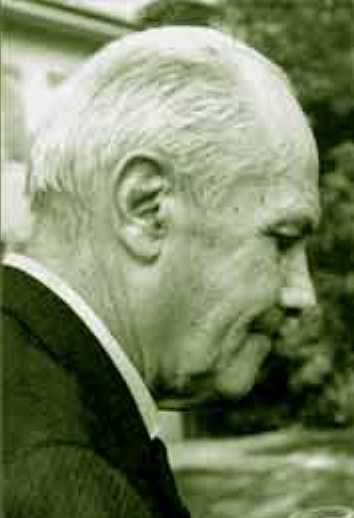4.1.1.22.8 The poetry collection “Harapo al sol” (1971 – 1973) and “Vocablos”, 1977, by Samuel Feijóo

In the collection of poems “Harapo al sol” (Harapo in the Sun), Samuel Feijóo continues a painful expression that constitutes one of the most authentic in national poetry.
It revisits certain tenets of the “old avant-garde” in terms of vocabulary and compositional structure; however, the poems are imbued with that grand poetic spirit that expresses the poet’s discovery of himself through pain, that of family loss heightened by the countless sad events that occur daily.
The poet’s helplessness is a recurring theme in his lyrical output, because death is viewed with a sense of subtle siege that comes from nature itself, and loneliness is perhaps its first harbinger. Terror then becomes a quasi-physical reaction that reaches us in his verses with desolate nuances.
For his part, “Vocablos,” from 1977, also represents the inner anguish that finds its way into his lyrics with absolute authenticity, poetry composed of composure, sometimes broken by overwhelming emotion; although from the perspective of form, the value of these pages is in no way diminished.
The intellectual-conceptual also gains ground in Feijóos’s poetics; but as part of his attitude of global aesthetic apprehension that returns to nature as the seat of all lyricism. The cosmic, from a sensitivity that is at its core a reflection of collective experiences, also converges in the formation of a transcendent poetic atmosphere.
The aforementioned collections of poems transfer the poet’s pain to pages of notable aesthetic stature in waves of reminiscences, echoes of an anguish that finds a certain solace in its fusion with nature, as the giver of all kinds of life and simultaneously the host of the ultimate human tragedy.








